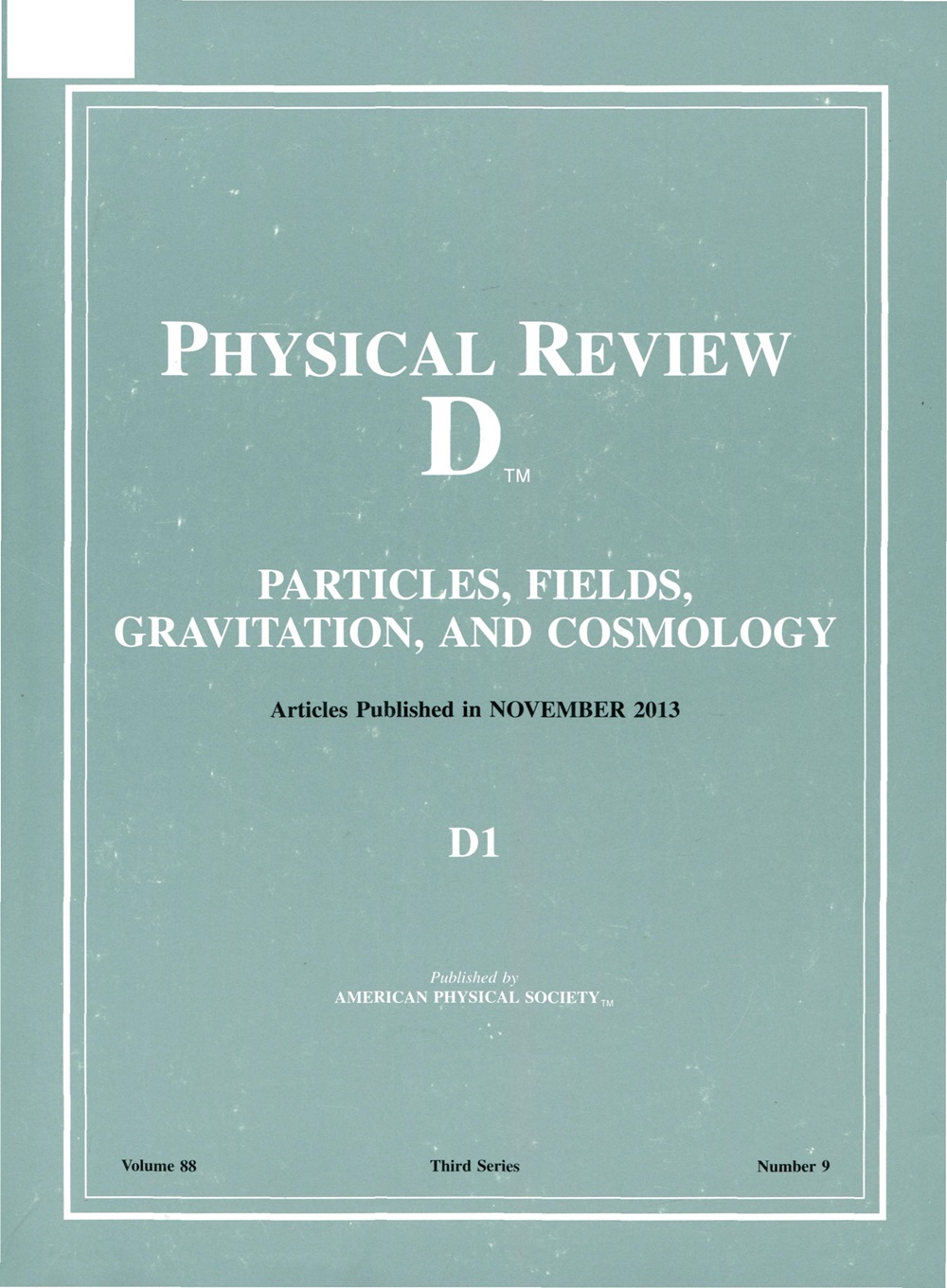Efficient state preparation for the Schwinger model with a theta term
IF 5
2区 物理与天体物理
Q1 Physics and Astronomy
引用次数: 0
Abstract
We present a comparison of different quantum state preparation algorithms and their overall efficiency for the Schwinger model with a theta term. While adiabatic state preparation is proved to be effective, in practice it leads to large gate counts to prepare the ground state. The quantum approximate optimization algorithm (QAOA) provides excellent results while keeping the counts small by design, at the cost of an expensive classical minimization process. We introduce a “blocked” modification of the Schwinger Hamiltonian to be used in the QAOA that further decreases the length of the algorithms as the size of the problem is increased. The rodeo algorithm (RA) provides a powerful tool to efficiently prepare any eigenstate of the Hamiltonian, as long as its overlap with the initial guess is large enough. We obtain the best results when combining the blocked QAOA ansatz and the RA, as this provides an excellent initial state with a relatively short algorithm without the need to perform any classical steps for large problem sizes.带θ项的Schwinger模型的有效状态准备
我们提出了不同的量子态制备算法的比较和他们的整体效率的Schwinger模型与theta项。虽然绝热状态的制备被证明是有效的,但在实践中,它会导致大量的栅极计数来制备基态。量子近似优化算法(QAOA)以昂贵的经典最小化过程为代价,在保持计数小的同时提供了出色的结果。我们引入了用于QAOA的Schwinger hamilton的“阻塞”修改,随着问题规模的增加,该修改进一步减少了算法的长度。rodeo算法(RA)提供了一个强大的工具,可以有效地准备哈密顿函数的任何特征态,只要它与初始猜测的重叠足够大。当将阻塞的QAOA ansatz和RA结合在一起时,我们获得了最好的结果,因为这提供了一个具有相对较短算法的优秀初始状态,而不需要为大问题规模执行任何经典步骤。2025年由美国物理学会出版
本文章由计算机程序翻译,如有差异,请以英文原文为准。
求助全文
约1分钟内获得全文
求助全文
来源期刊

Physical Review D
物理-天文与天体物理
CiteScore
9.20
自引率
36.00%
发文量
0
审稿时长
2 months
期刊介绍:
Physical Review D (PRD) is a leading journal in elementary particle physics, field theory, gravitation, and cosmology and is one of the top-cited journals in high-energy physics.
PRD covers experimental and theoretical results in all aspects of particle physics, field theory, gravitation and cosmology, including:
Particle physics experiments,
Electroweak interactions,
Strong interactions,
Lattice field theories, lattice QCD,
Beyond the standard model physics,
Phenomenological aspects of field theory, general methods,
Gravity, cosmology, cosmic rays,
Astrophysics and astroparticle physics,
General relativity,
Formal aspects of field theory, field theory in curved space,
String theory, quantum gravity, gauge/gravity duality.
 求助内容:
求助内容: 应助结果提醒方式:
应助结果提醒方式:


